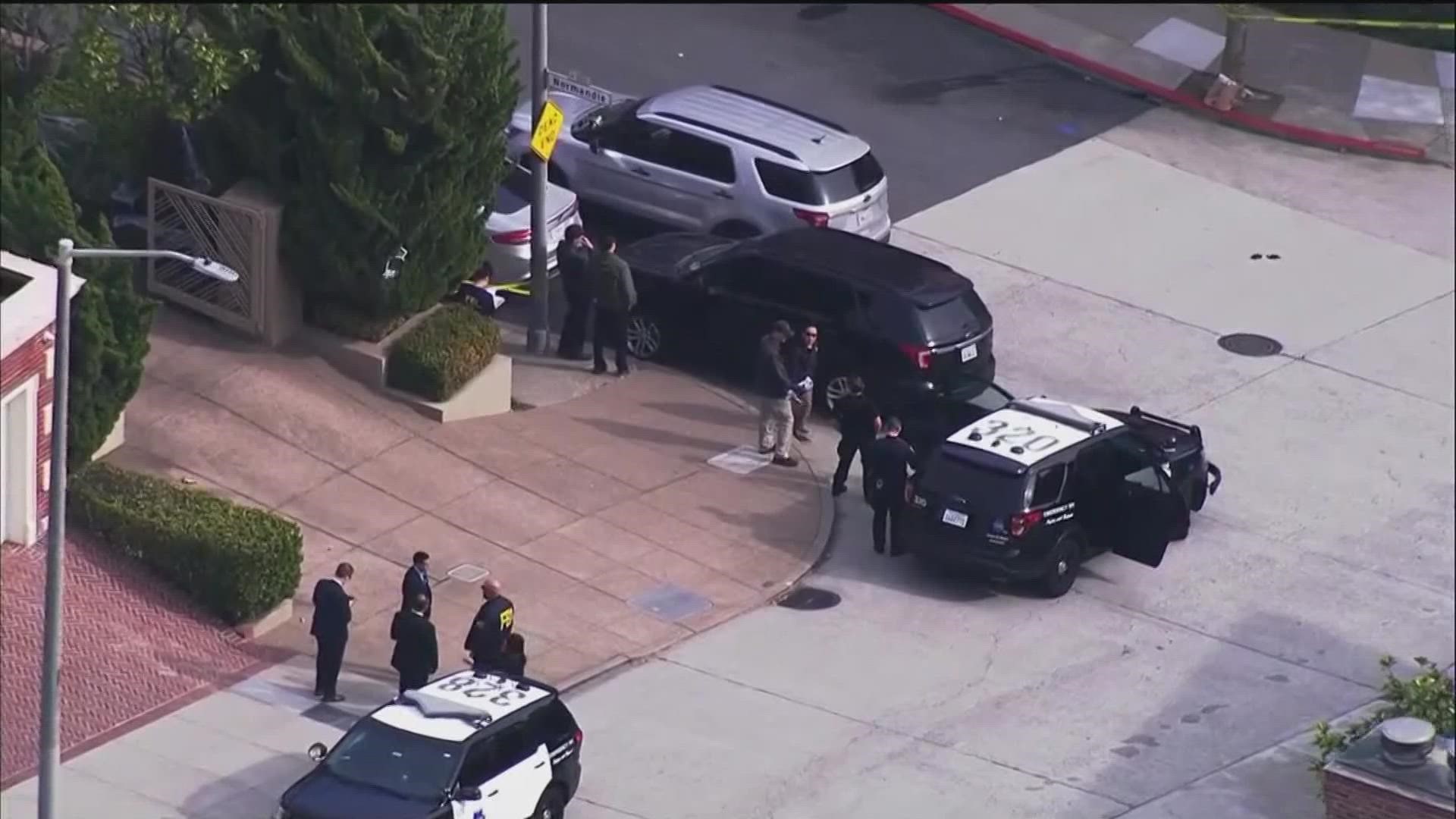SACRAMENTO, Calif. — Police arrested a man after attacking House Speaker Nancy Pelosi's husband Paul Pelosi with a hammer while screaming "Where's Nancy?" at their San Francisco home.
It has many people wondering: has it really come to this? Lawmakers said constant threats are now part of their reality.
State Senator Scott Wiener is no stranger to death threats.
“I've received 1000s of death threats over the last several years including some very scary ones," Wiener said. "Threats to decapitate me, threats to decapitate me and send my head to my my mother.”
Just recently, a jury convicted a man for threatening Wiener after he introduced vaccine legislation.
“I testified at a criminal trial before a jury last month about a guy who threatened to come at me with a rifle," Wiener said.
He believes it’s gotten to the point where lawmakers need more security.
“I think a lot of lawmakers are in a terrible spot where you have to start paying for your own security, and I'm not wealthy," he said. "So many lawmakers are not wealthy, and yet we have to sort of take care of ourselves.”
California Congressman Ami Bera is no stranger to death threats either.
"I've had threats here and there, as have most of my colleagues,” Bera said.
Bera said they get resources for security in DC and work with local law enforcement when they come back to their district, but finding a balance between security and doing the job is hard.
“Our jobs to be with the public," Bera said. "I can't do my job as a representative without actually being out there interacting with my constituents, hearing their issues.”
He knows that leaves room for vulnerability.
Director of the Project for an Informed Electorate and Sac State Political Science Professor Kim Nalder helped explain how this political climate came to be. First, social media.
“This demonizing discourse is so much worse in the era of social media because there's no gatekeeper," she said. "The other thing about social media is that you can select which sources you're looking at, you know, it's likely to be an echo chamber."
The issue, she said, has been exacerbated by recent politicians.
“It's really amped up in the trump era, and especially since January 6, 2021,” she said. "In the last few years, we've moved from just disagreeing with political opponents as fellow Americans who have different views on policy to this demonization."
It’s easier for her to point to when this hateful political rhetoric took a turn for the worse in this society than it is for her to point to a solution.
“I remember thinking on January 6 watching how they were calling for the hanging of Mike Pence, their own vice president of their own party, who Trump had chosen as his running mate. They put up a gallows on the capitol lawn. I really thought that might make a difference.“
She said condemning this is a step
“What we need is for every elected official and every person running for office, regardless of party, regardless of history, to come out and very strongly condemn this and ask people to stop," Nalder said.
“I think we've got to turn the volume down on some of the political rhetoric," Congressman Bera said. "The attacks that go back and forth, and both sides are guilty of it."
If condemning this attack and hateful rhetoric doesn’t work, Nalder said the younger generation is less tolerant of it, and will start voting soon.
This type of rhetoric is not exclusive to one side, but we reached out to the California Republican Party to get their reaction to many democrats pointing their fingers at republican rhetoric.
In a statement, they said "Violence has no place in politics or in society as a whole. We condemn this attack."
WATCH RELATED: Paul Pelosi, husband of Nancy Pelosi, beaten with hammer at home (Oct. 2022).

